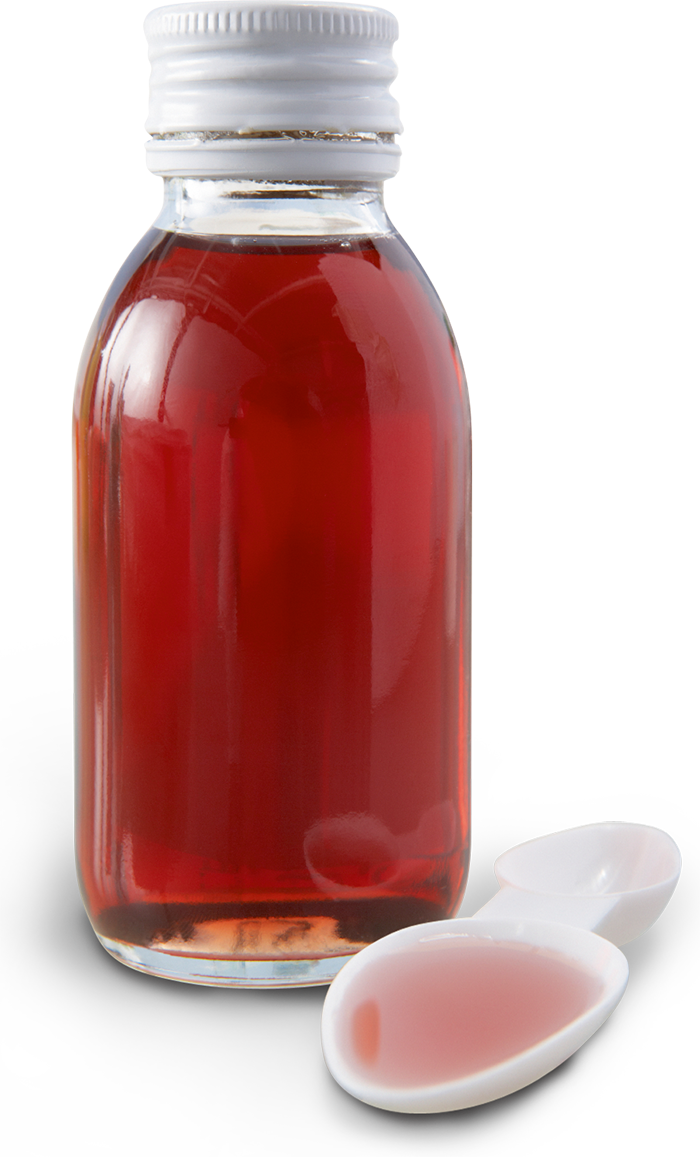There is no robust evidence supporting the effectiveness of cough products. However, for those wanting to purchase a cough product to relieve their symptoms in the short term, there are plenty of options available OTC.
Cough medicines are generally grouped by the type of cough that they relieve. For example:
 1. Cough suppressants such as dextromethorphan or pholcodine are thought to work by suppressing the cough reflex in the brain and are therefore most suited to dry or tickly coughs. OTC examples include Benylin Dry Coughs and Robitussin Dry Cough.
1. Cough suppressants such as dextromethorphan or pholcodine are thought to work by suppressing the cough reflex in the brain and are therefore most suited to dry or tickly coughs. OTC examples include Benylin Dry Coughs and Robitussin Dry Cough.
2. Expectorants such as guaifenesin, ipecacuanha and squill help loosen and clear mucus from the chest and are more suitable for chesty or productive coughs. OTC examples include Covonia Chesty Cough Mixture Mentholated and Veno's Expectorant.
There is also a newer group of medicines that claim to be suitable for all types of common cough by tackling cough reflex hypersensitivity, which is said to be the underlying driver of all common coughs. Examples include the pharmacy-only medicine Unicough, which contains diphenhydramine, ammonium chloride, levomenthol and highly concentrated natural cocoa flavour, and Bronchostop, a traditional herbal medicinal product that contains thyme and marshmallow root.
The UK medicines regulator recommends that OTC cough and cold medicines should not be given to children under the age of six years at all, and only to children aged six to 12 years on the advice of a doctor or pharmacist. Simple cough syrups that contain glycerol, honey or lemon can be recommended for children, along with self care measures.
